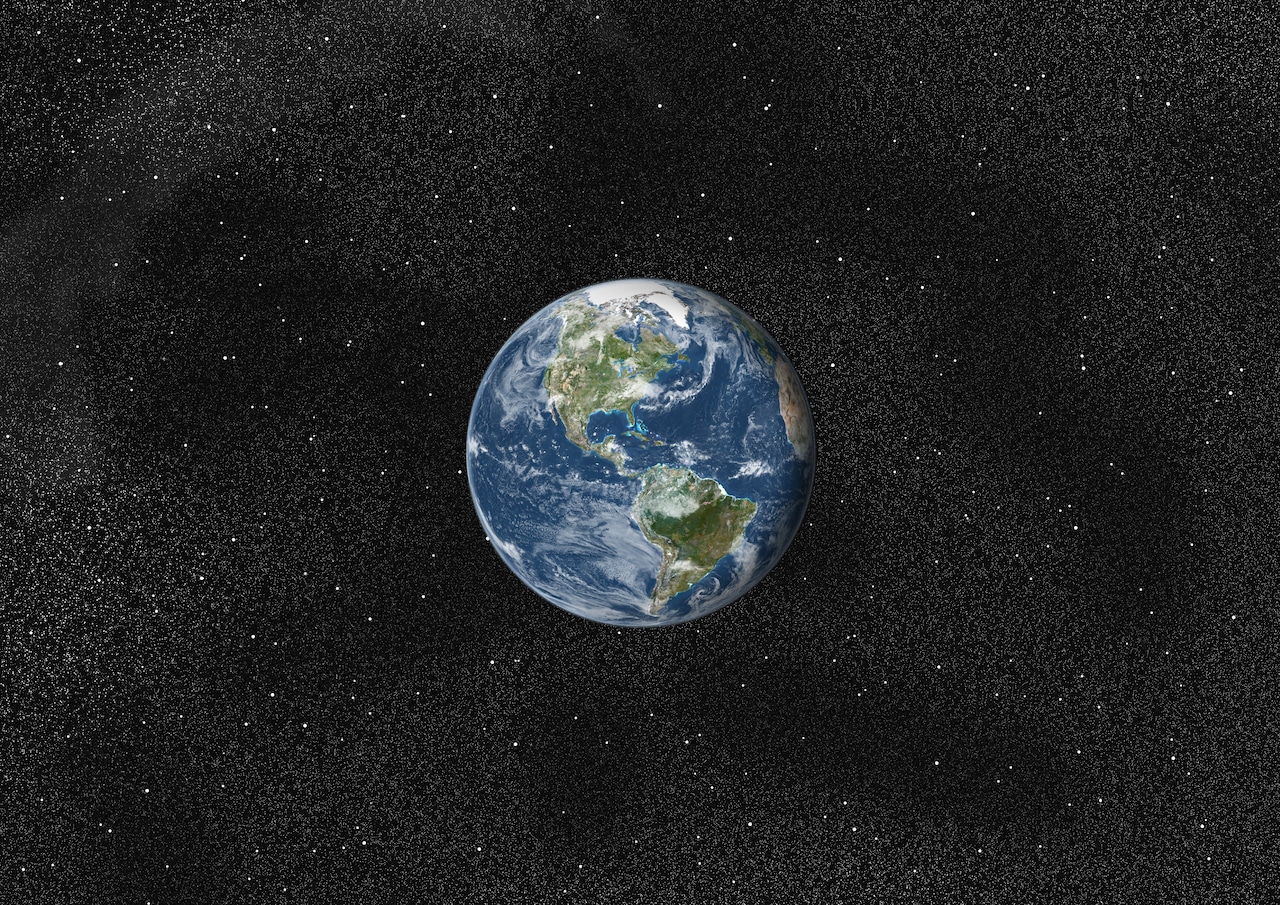
Earth is experiencing some of its shortest days on record. It’s unclear why
How did your country report this? Share your view in the comments.
Diverging Reports Breakdown
Earth is experiencing some of its shortest days on record. It’s unclear why
On Tuesday, Earth is projected to complete its revolution 1.34 milliseconds faster than usual. Scientists aren’t certain exactly why, but Earth has been breaking its speed records for the past five years. Another short day (relatively speaking) is projected on Aug. 5, when scientists project the planet will complete its spin 1.25 milliseconds quicker than normal. Research suggests that days were 23.5 hours long when dinosaurs roamed the planet 70 million years ago, and only 21 hours long about 430 million years years ago. But if the shorter days continue, there is talk of an unprecedented negative leap second perhaps being added by 2029.
Ah, summer in the Northwest, when we enjoy those long, sun-drenched days. But on Tuesday, the Earth is set to record one of its shortest days on record.
In this case, we are not talking about hours of daylight but about the time it takes our planet to complete a full rotation — a 24-hour day. On Tuesday, Earth is projected to complete its revolution 1.34 milliseconds faster than usual, according to the website Space.
That is roughly the duration of a camera flash, not a big enough difference for us to notice as we go about our day. But if that speedy day comes to fruition, it would be among the shortest days since record-keeping began more than 50 years ago with the advent of the atomic clock.
Since Earth is a celestial body, it is prone to some slight fluctuation as it moves through space due to factors such as the moon’s gravitational pull and the planet’s core. Scientists aren’t certain exactly why, but Earth has been breaking its speed records for the past five years.
Space reports that the shortest day ever recorded came a year ago, when Earth made its revolution 1.66 milliseconds faster than normal on July 5, 2024. Then earlier this month, on July 10, Earth completed its rotation 1.36 milliseconds faster than normal. Another short day (relatively speaking) is projected on Aug. 5, when scientists project the planet will complete its spin 1.25 milliseconds quicker than usual.
In the long view of history, Earth’s days have been getting longer, not shorter. Research suggests that days were 23.5 hours long when dinosaurs roamed the planet 70 million years ago, and only 21 hours long about 430 million years ago according to studies of fossilized coral.
Leap seconds have been added to the atomic clock 27 times since 1972, to allow astronomical time to catch up to atomic time. But if the shorter days continue, there is talk of an unprecedented negative leap second perhaps being added by 2029.
It’s not nearly so dramatic as the springing forward or falling back we’ve been doing for decades, but just be advised that these summer days aren’t quite so long as they might appear.
— Joel Odom writes about trending topics in news, life and culture, and sports. Reach him at 503-221-8594, jodom@oregonian.com or @jkodom on Blue Sky.
